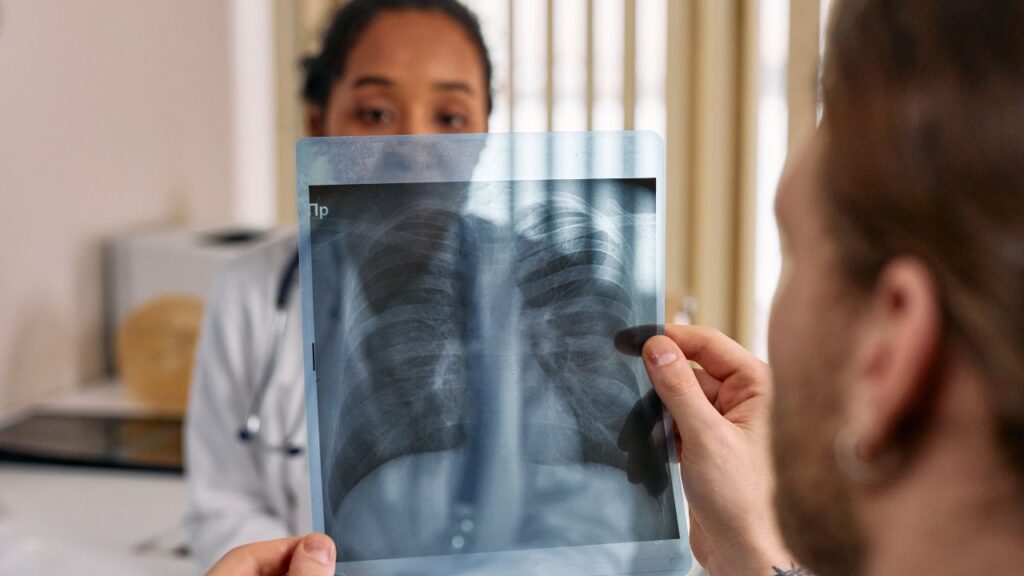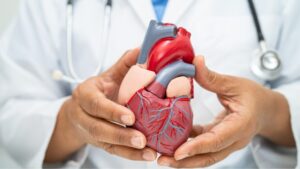World Lung Cancer Day 2025: Why Lung Cancer Is No Longer Just a Smoker’s Disease

World Lung Cancer Day 2025: Why Lung Cancer Is No Longer Just a Smoker’s Disease
Lung cancer continues to be the top cause of cancer-related deaths around the world. But there’s now a growing awareness that this disease is not just affecting smokers. More and more non-smokers, especially women, are being diagnosed with lung cancer. What’s worrying is that in many cases, the disease is found at a late stage, making treatment harder.
Early Signs Often Missed
One of the main problems with lung cancer is that it can develop silently. In its early stages, there may be no symptoms at all. Many people find out they have lung cancer only by chance, when they go in for a scan for some other health issue. This delay in diagnosis means the cancer often reaches advanced stages by the time it’s detected. Treating lung cancer at a late stage is more complicated and may not work as well as it would in the early stages.
Symptoms That Shouldn’t Be Ignored
A cough that doesn’t go away for three weeks or more is one of the most common signs of lung cancer. But there are many other symptoms that people often ignore. These include chest infections that keep coming back, shortness of breath even while resting, and changes in voice. Unexplained weight loss, extreme tiredness, loss of appetite, or constant pain in the chest, back, or shoulders can also be signs. In some rare cases, if the cancer spreads to the brain, symptoms like headaches, vomiting, or confusion may appear. These signs are often mistaken for minor health problems like infections or allergies. But if they continue, it’s important to see a doctor.
Changing Risk Factors
While smoking remains a major cause of lung cancer, the risk factors are slowly changing. In many cities, especially those with poor air quality, non-smokers are also at high risk. Pollution, passive smoking, and other environmental issues are becoming big reasons behind rising lung cancer cases in non-smokers.
The Role of Screening
Early detection can save lives. For people who are at higher risk, such as smokers or those who have quit smoking, regular screening with low-dose CT scans is recommended. This kind of scan can catch lung cancer before symptoms appear, when it’s easier to treat.
Lung cancer doesn’t always begin with a cough. Any ongoing health change, trouble breathing, tiredness, or pain, should not be ignored. Early action can make a big difference.












